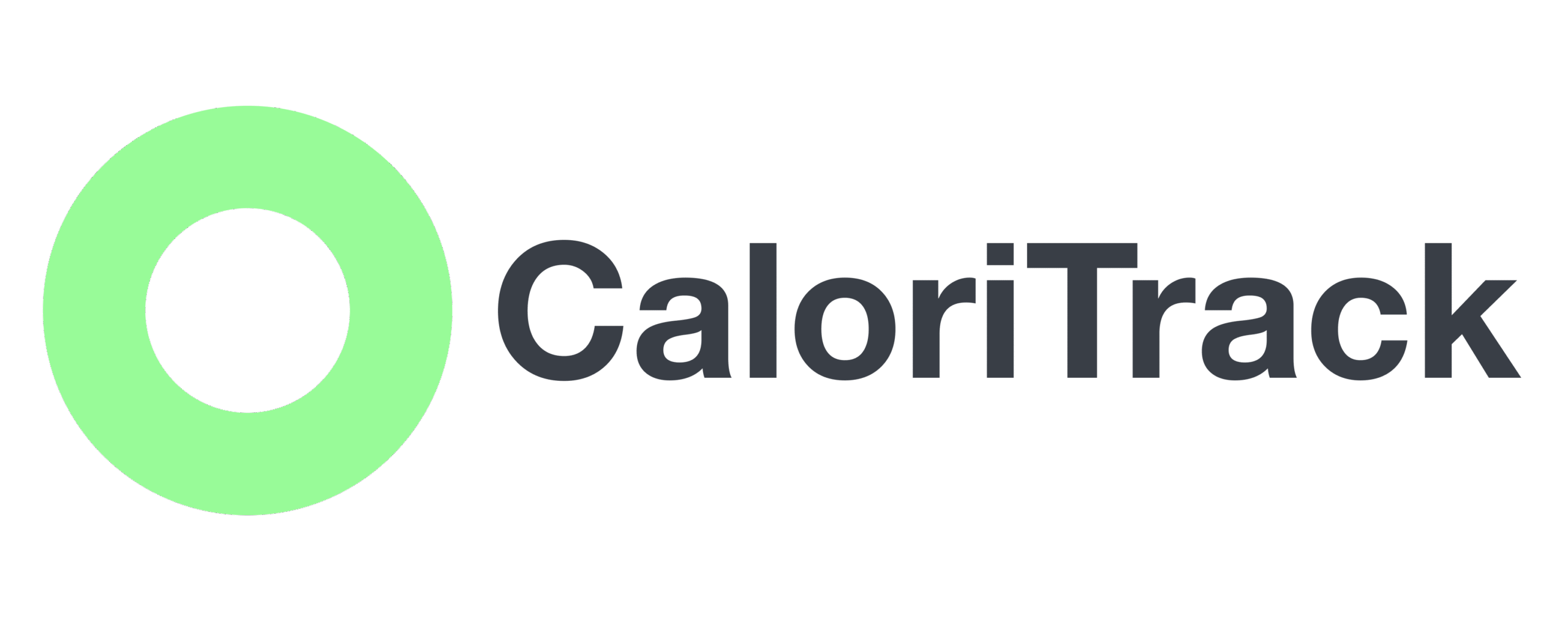
The Human Nutrition Code: Eating the Way We Were Designed
In our quest for health, we often look to the future for the next super-diet or miracle supplement. But what if the most profound answer lies in our past? What if the key to lasting vitality is encoded in our very DNA? Let’s talk about the food that shaped us.
What is “Real Food”? Our Biological Blueprint
For nearly 99% of our history, humans weren’t farmers. We were hunter-gatherers. Our diet was simple, powerful, and perfectly in sync with our environment: animals we hunted and plants we gathered. Meats, fish, organ meats, tubers, leafy greens, berries, and seasonal fruits. This was the fuel that built our brains, strengthened our bodies, and allowed us to thrive in every corner of the globe.
Our genome has not significantly changed since then. It still expects the same nutrient-dense information from these foods.
Of course, “natural” doesn’t mean raw or untouched. Mastering fire for cooking and techniques like fermentation (think kefir or yogurt) are also ancestral processes that improve digestibility and nutrient bioavailability. They are forms of natural processing that honor our biology, not challenge it.
The Modern Mismatch: Foods Our Bodies Don’t Recognize
Today’s problem is an evolutionary mismatch. The industrial era introduced ultra-processed foods: laboratory creations filled with refined sugars, industrial oils, additives, and preservatives. They are empty calories designed to be hyper-palatable, but our bodies simply lack the biological tools to manage them properly. Their mass consumption is a grand-scale experiment, and the rise of modern chronic diseases is the result.
As Marcus Aurelius wrote in his Meditations, “Observe the course of things, accommodate yourself to them, and follow nature.” Applied to nutrition, this means listening to our body’s wisdom and giving it the fuel it was designed for.
The CaloriTrack Philosophy: A Return to the Source
This is the very essence of CaloriTrack. We aren’t interested in quantity, but in quality. Our food database is intentionally limited to real, natural foods. You won’t find a million industrial products, because we believe clarity is power. We offer you a curated selection of the foods that make up the fundamental human diet.
This isn’t about being dogmatic; it’s about being conscious. Modern life sometimes requires flexibility. An occasional treat doesn’t define your health. Your nutritional foundation—your daily habits—does.
At CaloriTrack, we help you rebuild that foundation, reconnect with your biological heritage, and unlock the energy and well-being that are your birthright. One real meal at a time.
Supporting Scientific Links and References
Here is a curated list of high-quality studies and sources, categorized by topic.
1. On the Paleolithic/Ancestral Diet and its Metabolic Benefits
These studies compare the Paleolithic diet to modern diets (including those recommended by health guidelines) and show significant improvements in metabolic health.
- Paleolithic Nutrition for Metabolic Syndrome: Systematic Review and Meta-Analysis (2015): This systematic review published in PubMed concludes that Paleolithic nutrition resulted in greater short-term improvements in the components of metabolic syndrome (waist circumference, triglycerides, blood pressure) compared to control diets based on standard guidelines.
- The Paleolithic Diet – PMC (2023): A comprehensive article reviewing the evidence. It highlights that hunter-gatherer populations were largely free of chronic diseases like cardiovascular disease. It also notes that, compared to modern diets, the Paleolithic diet improves glucose tolerance and reduces weight and waist circumference more effectively, even more so than the Mediterranean diet.
2. The “Evolutionary Mismatch” Concept
This is the theoretical foundation explaining why our bodies, adapted to an ancestral environment, become ill in the modern one.
- Evolutionary Mismatch – Wikipedia: This offers an excellent introduction to the concept, explaining how traits that were once advantageous (like efficiently storing fat) become detrimental in an environment with an overabundance of high-calorie foods.
- Evolutionary Mismatch and Chronic Psychological Stress – ResearchGate (2015): Although focused on stress, this paper perfectly explains how rapid changes in our lifestyle (including diet) outpace our biology’s ability to adapt, leading to chronic and inflammatory diseases.
3. The Negative Impact of Ultra-Processed Foods
These studies establish a direct link between the consumption of ultra-processed foods and a wide range of health problems, validating CaloriTrack’s focus on real food.
- Reactions to study linking ultra-processed food to 32 health effects – Science Media Centre (2024): This is an “umbrella review” (a review of multiple meta-analyses) published in The BMJ. It is one of the most robust pieces of evidence to date, directly linking ultra-processed food consumption to 32 adverse health outcomes, including cardiovascular disease, mental health disorders, and overall mortality.
- Excessive ultraprocessed foods (UPFs) and poor nutrition tied to poor health – American Heart Association (2025): A statement from the American Heart Association warning about the cardiometabolic risks of consuming UPFs, highlighting their high content of saturated fats, added sugars, and sodium.
4. Key References and Authoritative Figures
For deeper dives, these are the original sources and pioneers of the evolutionary diet movement.
- Loren Cordain, Ph.D. – The Paleo Diet®: Dr. Cordain is considered the founder of the modern Paleo diet movement. His website is a repository of articles and references to his 100+ peer-reviewed scientific papers. It is the primary source for understanding the movement’s scientific foundation.
- Link to his articles: The Paleo Diet – Loren Cordain
- “Paleolithic Nutrition: A Consideration of its Nature and Current Implications” (1985): This is the seminal paper by S. Boyd Eaton and Melvin Konner published in the New England Journal of Medicine that inspired a generation of researchers, including Loren Cordain. It is the academic starting point of the entire field.
- Abstract/Access (may require subscription): NEJM – Paleolithic Nutrition (1985)














